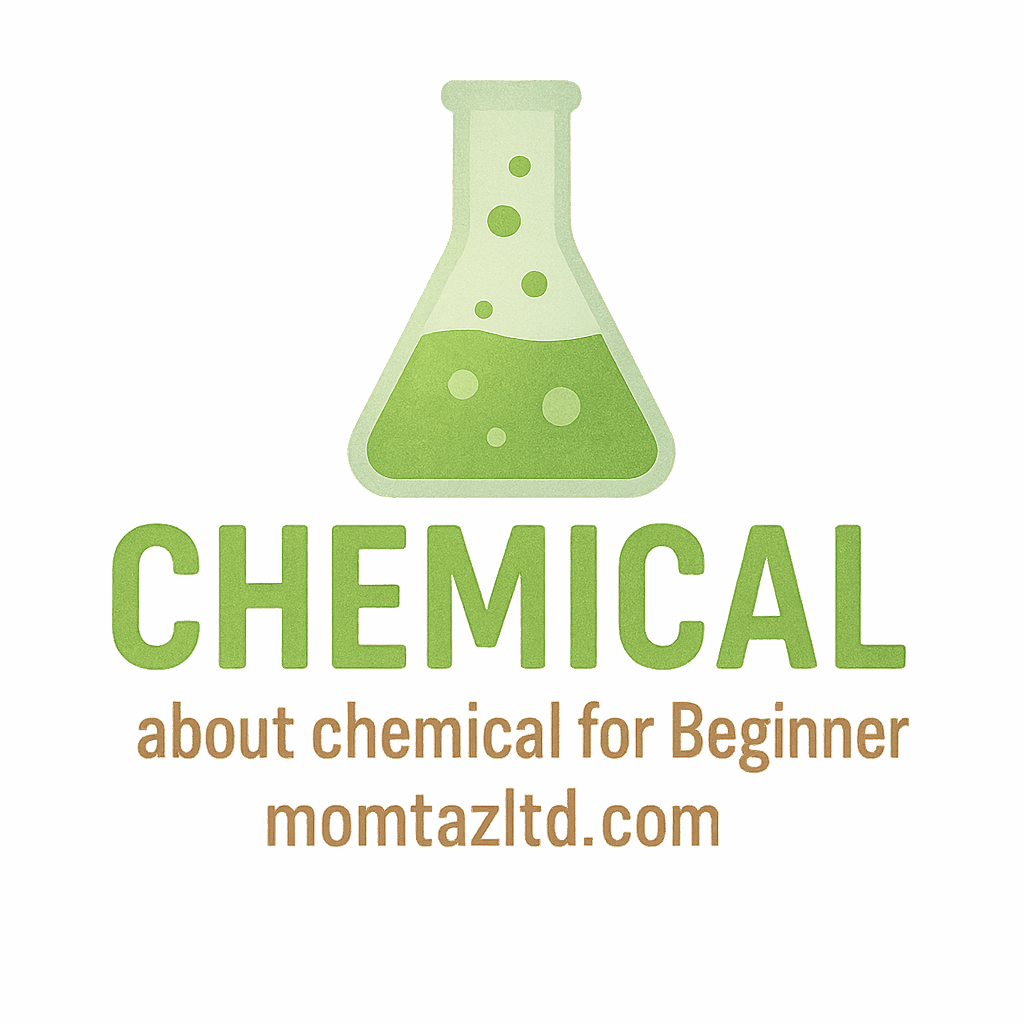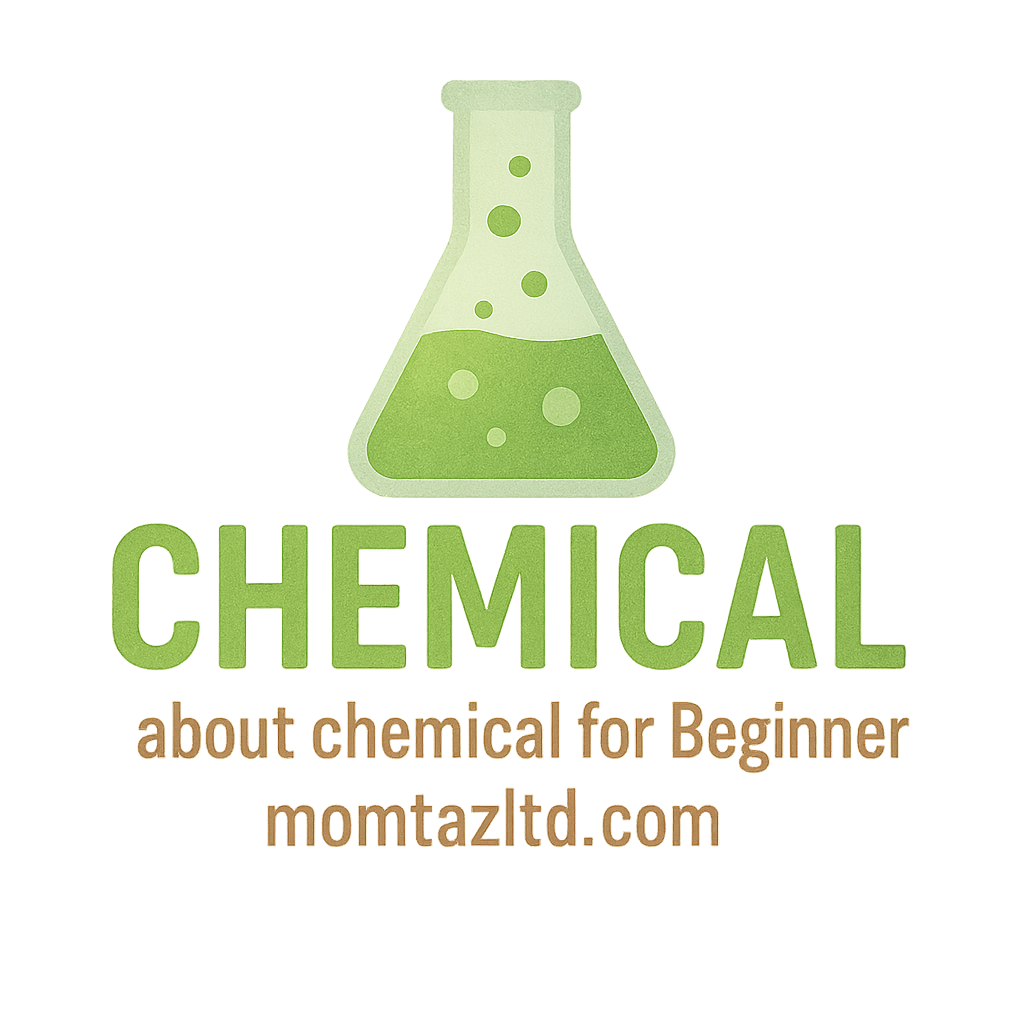Introduction
Working with chemicals can feel like opening a mysterious box—you never quite know what’s inside until you peek. For beginners, this curiosity often leads to mistakes, and mistakes in chemistry aren’t just messy, they can be downright dangerous. From spills to burns, accidents in chemical handling are common, but the good news is—they’re preventable. In this guide, we’ll break down nine of the most common chemical accidents beginners face, and give you practical, no-nonsense tips to stay safe.
If you’re curious about chemical basics, Momtaz Ltd has helpful resources for both beginners and professionals.
Why Beginners Face Chemical Accidents
Lack of Proper Training
Many chemical mishaps start with inexperience. Beginners often jump into experiments without fully understanding chemical basics. Handling something as simple as bleach or vinegar can turn risky if you don’t know how they react when combined.
Misunderstanding Safety Labels
Chemical labels are like warning signs on a highway. Ignore them, and you’re headed for trouble. Beginners often skip over hazard icons or don’t know how to interpret them, leading to accidents.
Overconfidence in Handling Chemicals
Sometimes, beginners assume that because household chemicals feel harmless, laboratory or industrial ones are too. But there’s a huge difference between a kitchen cleaner and industrial chemicals. Overconfidence can quickly turn into an accident.
1. Spills and Leaks in the Lab
Causes of Chemical Spills
Spills happen when containers are poorly sealed, when chemicals are poured carelessly, or when glassware tips over. Even seasoned chemical scientists face spills, but beginners are especially prone.
How to Prevent Spills Safely
- Always use clean, dry containers.
- Don’t overfill flasks or beakers.
- Learn proper transfer techniques.
And if a spill does happen, clean it immediately—don’t wait.
2. Accidental Inhalation of Fumes
Why Inhalation Happens Easily
Many chemicals release vapors, some invisible and odorless. Beginners often underestimate how quickly fumes can spread in a room without proper ventilation.
Protective Gear and Ventilation Tips
- Always work in a fume hood or well-ventilated space.
- Use masks or respirators for strong chemicals.
- Learn more about chemical safety to keep your lungs protected.
3. Skin Burns from Corrosive Substances
Common Corrosive Agents
Acids like hydrochloric and bases like sodium hydroxide can eat away at skin on contact. Even household chemicals such as drain cleaners are corrosive.
Simple Steps to Avoid Chemical Burns
- Wear gloves at all times.
- Never handle corrosives with bare hands.
- Keep neutralizing agents nearby in case of accidental spills on skin.
4. Fire and Explosions from Improper Mixing
Dangerous Chemical Combinations
Mixing chemicals without knowing the outcome is like lighting a match in a fireworks factory. For instance, mixing bleach with ammonia produces toxic gases. Many chemical accidents start this way.
Best Practices for Safe Mixing
- Research before combining any two substances.
- Start with small amounts during experiments.
- Keep fire extinguishers nearby.

5. Eye Injuries from Splashes
Why Eyes Are So Vulnerable
Your eyes have no natural defense against splashes. Even a tiny droplet of acid can cause permanent damage.
Protective Eyewear for Safety
- Always wear goggles—glasses are not enough.
- Keep an emergency eye wash station nearby in any laboratory setting.
6. Poisoning from Accidental Ingestion
How Ingestion Happens
Believe it or not, ingestion often happens when beginners eat or drink in the lab, or forget to wash hands after handling chemicals.
Preventive Steps Against Accidental Consumption
- Never bring food or drinks into the lab.
- Wash hands thoroughly before touching your face.
- Read household tips on keeping chemicals separate from kitchen areas.
7. Cuts and Injuries from Glassware
Causes of Glassware Breakage
Using cracked beakers or applying too much force when inserting stoppers often causes breakage.
Safe Handling and Storage of Glassware
- Inspect glassware before use.
- Store items on padded surfaces.
- Learn from lab experiments that emphasize safe handling.
8. Electric Shocks in Chemical Labs
When Electricity Meets Chemicals
Water and chemicals don’t mix well with electricity. Beginners who handle wet surfaces around power outlets risk shocks.
Avoiding Electric Shock Accidents
- Keep electrical cords away from water and spills.
- Use ground fault interrupters.
- Follow industrial learning guides on electricity safety.
9. Chemical Storage Hazards
Improper Labeling and Storage
Storing chemicals without labels is like storing food without knowing if it’s sugar or salt. Beginners often forget labels, leading to dangerous mix-ups.
Safe Chemical Storage Rules
- Use proper labeling at all times.
- Separate acids, bases, and flammables.
- Follow chemical storage guidelines.
Importance of Chemical Safety Training
Learning from Experts and Mentors
Joining workshops or following learn from experts programs helps beginners avoid common pitfalls.
Practice Chemistry Safely
Safe practice builds confidence. Beginners can try small-scale practice chemistry experiments before moving to advanced ones.
Building a Safer Future in Chemistry
How Beginners Can Grow into Responsible Scientists
Mistakes are part of learning, but safety knowledge ensures you grow without setbacks. By studying learn chemical resources and respecting rules, beginners can evolve into safe and skilled scientists.
Conclusion
Accidents in chemical labs don’t have to be part of your learning curve. By paying attention to training, safety gear, labeling, and smart handling, you can avoid the nine common mishaps that plague beginners. Whether you’re experimenting at home or in a professional setting, treat every chemical with respect. After all, safety isn’t just about protecting yourself—it’s about creating an environment where discovery thrives without danger.
FAQs
1. What is the most common accident in chemical labs?
Spills are the most common, especially among beginners who aren’t familiar with handling and transferring liquids safely.
2. How do I avoid chemical spills as a beginner?
Use proper containers, don’t overfill glassware, and always transfer chemicals slowly and carefully.
3. Which chemicals are most dangerous for beginners?
Corrosive acids, strong bases, and flammables like ethanol or acetone are among the most hazardous.
4. Why is labeling important in chemical storage?
Proper labeling prevents mix-ups and ensures incompatible chemicals aren’t stored together.
5. What should I do if I inhale chemical fumes?
Move to fresh air immediately and seek medical attention if breathing problems persist.
6. How can beginners practice chemistry safely at home?
Start with safe, small-scale experiments and always follow beginner chemistry tips.
7. Are household chemicals as dangerous as lab chemicals?
Yes, many household chemicals can be just as dangerous if misused, so they should also be handled with care.


